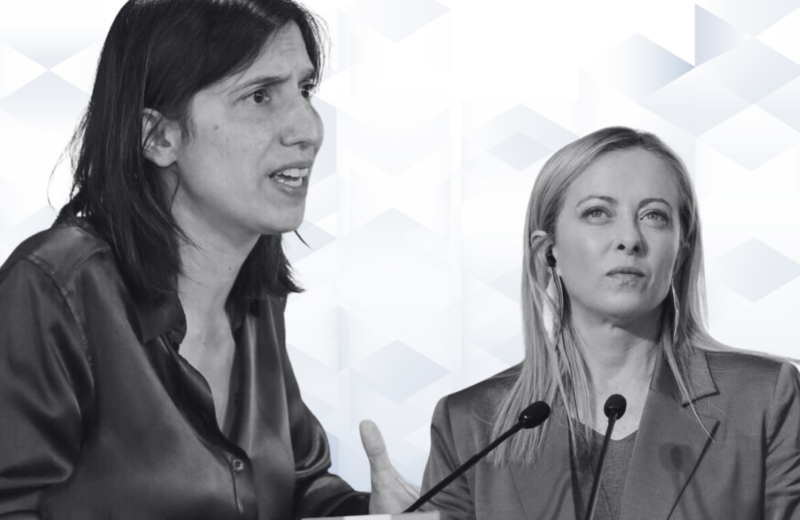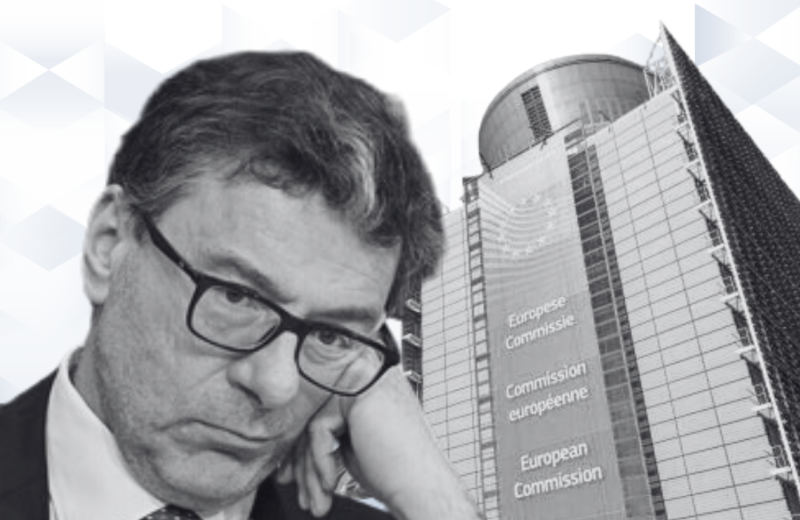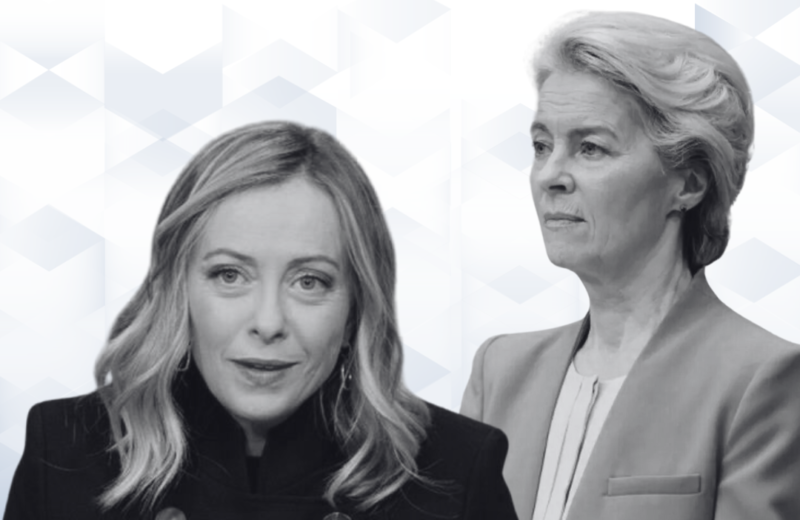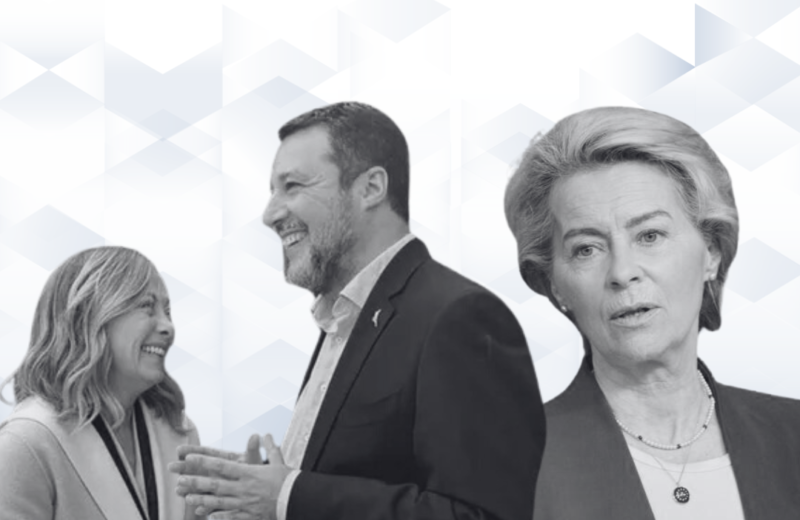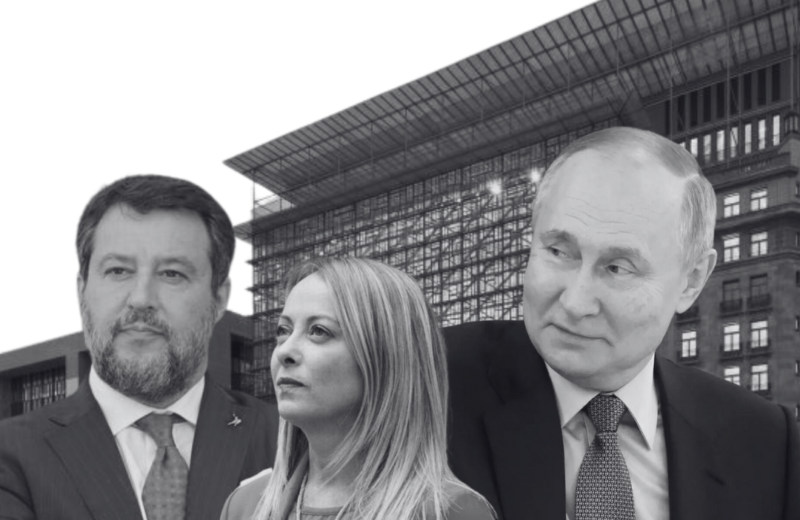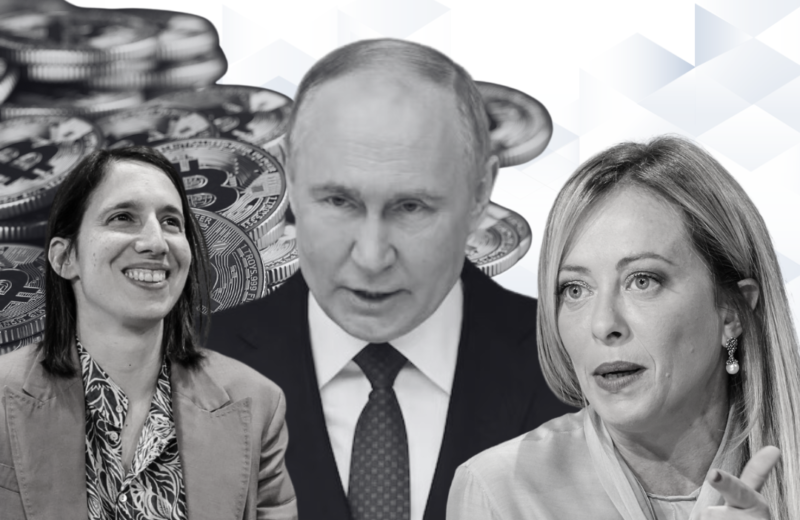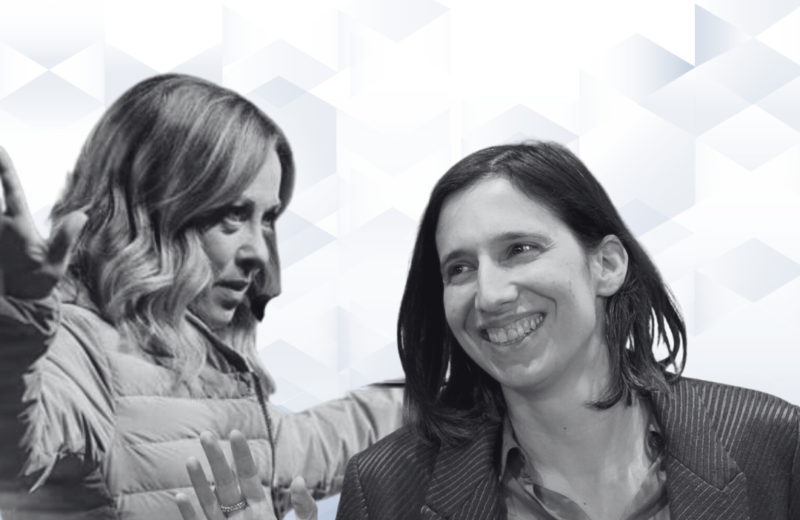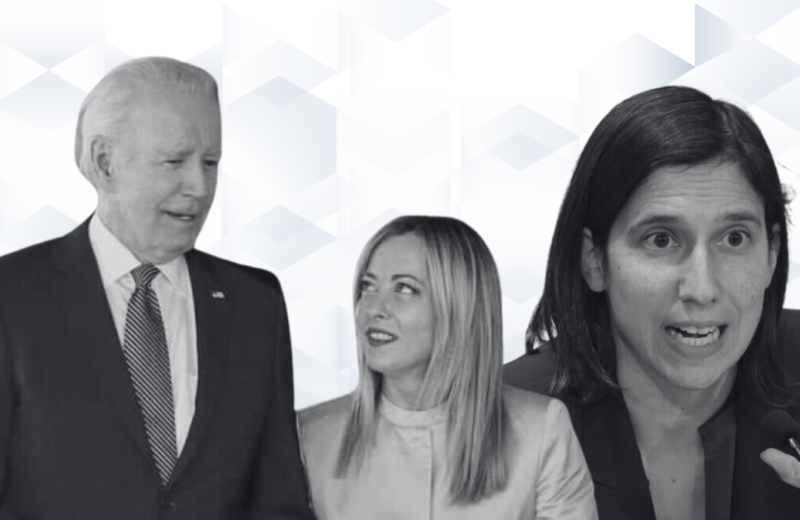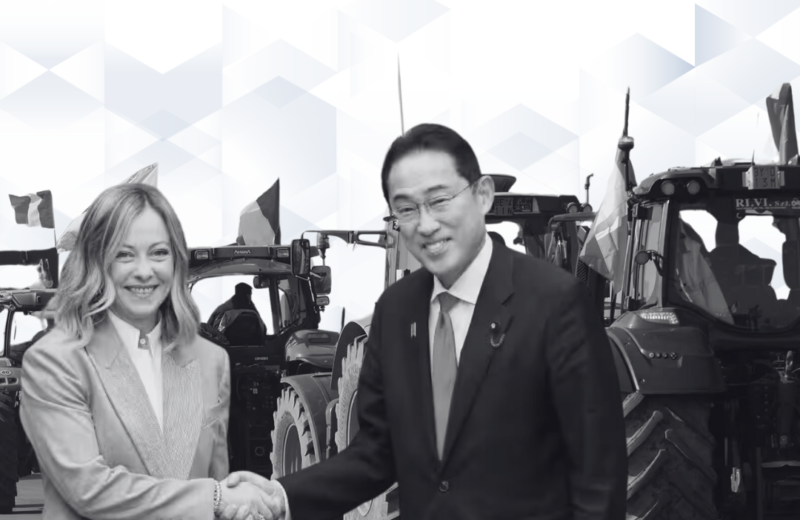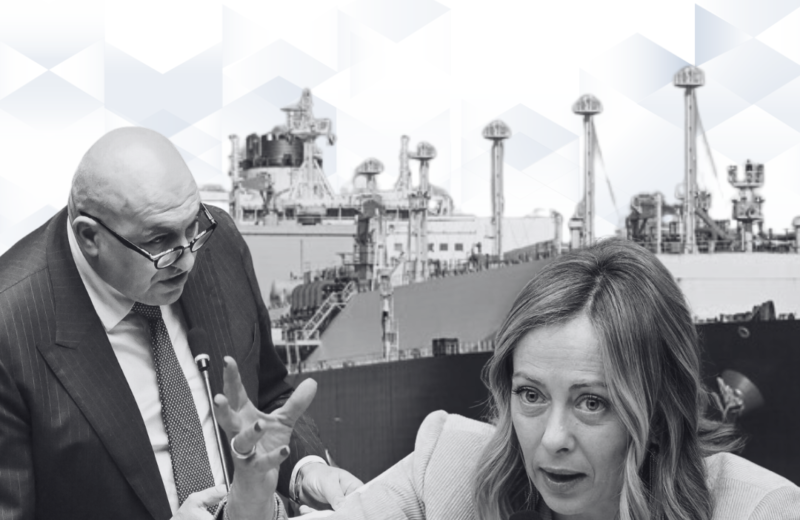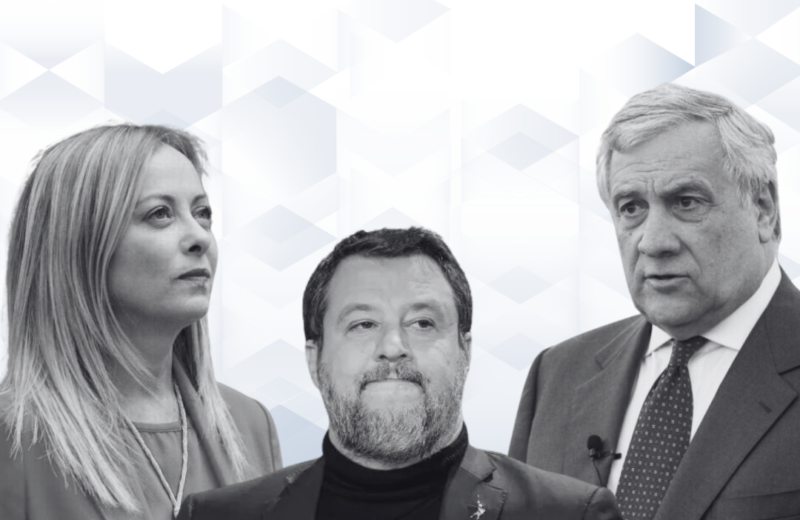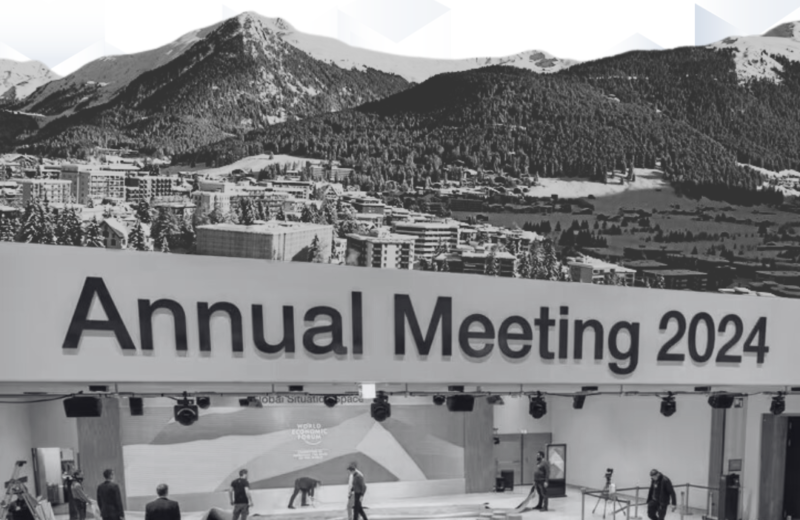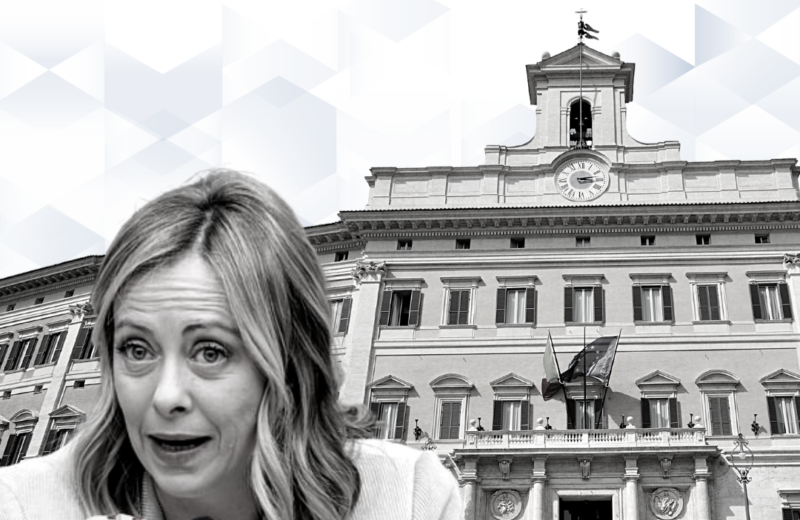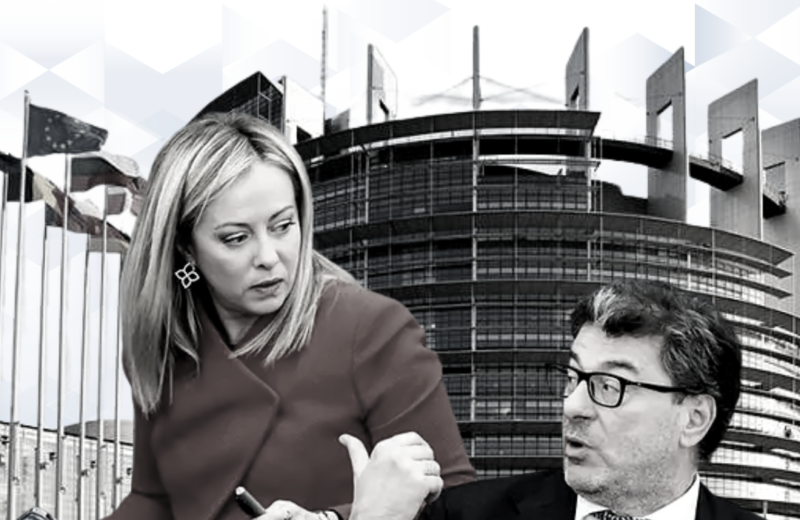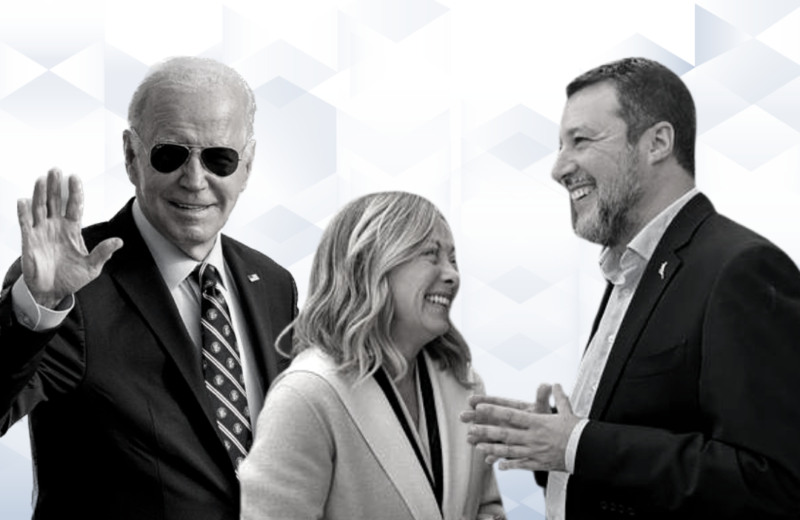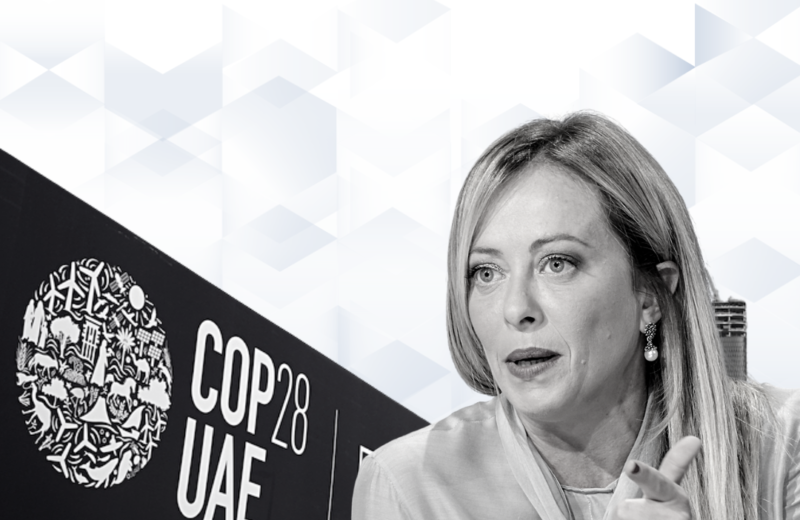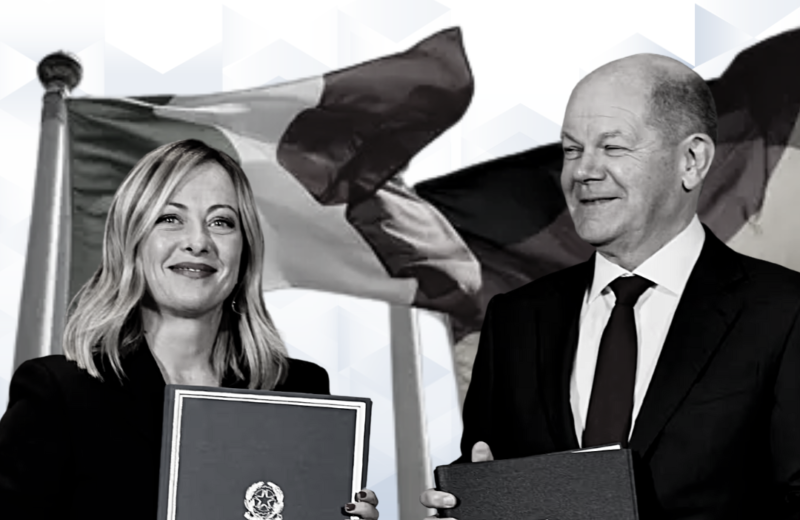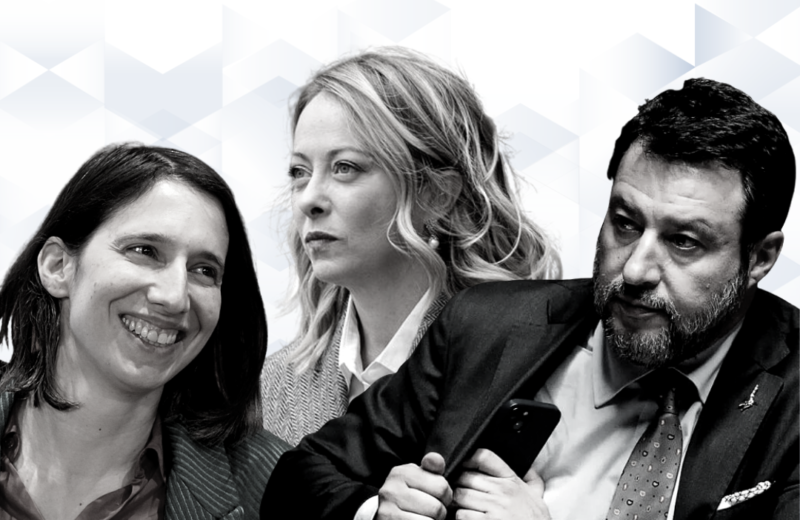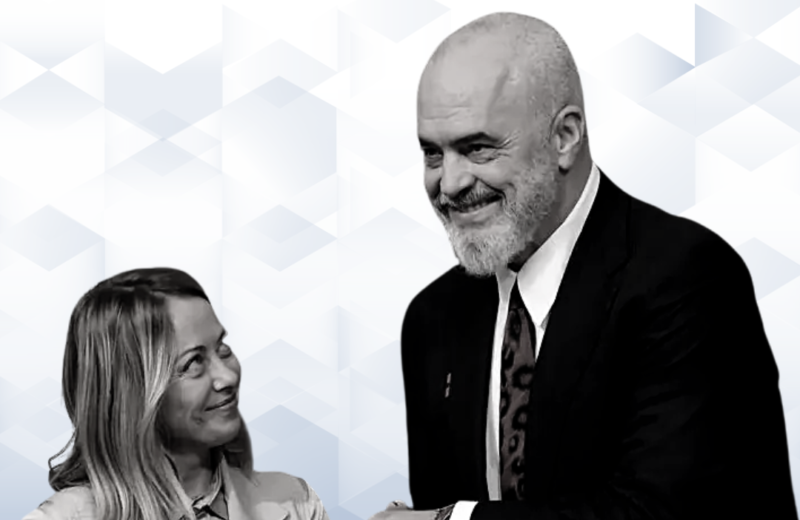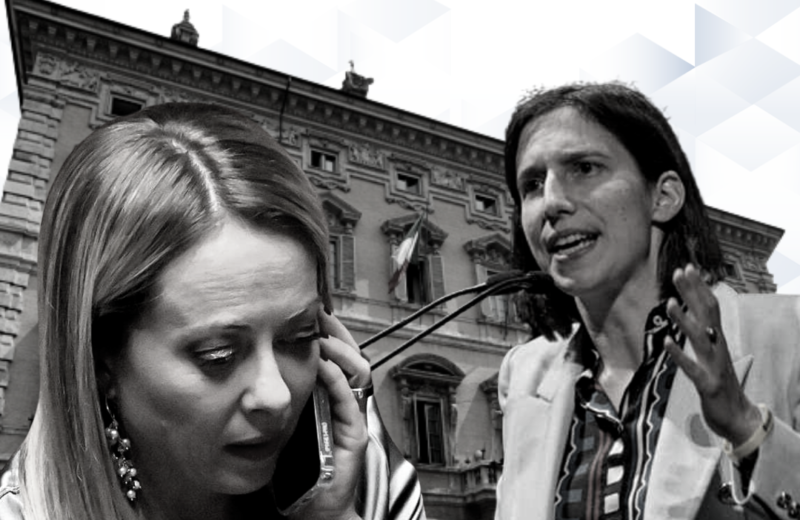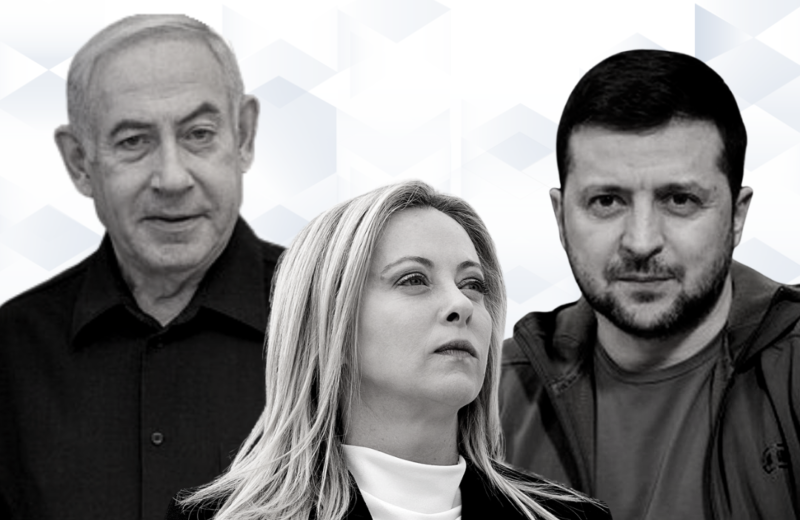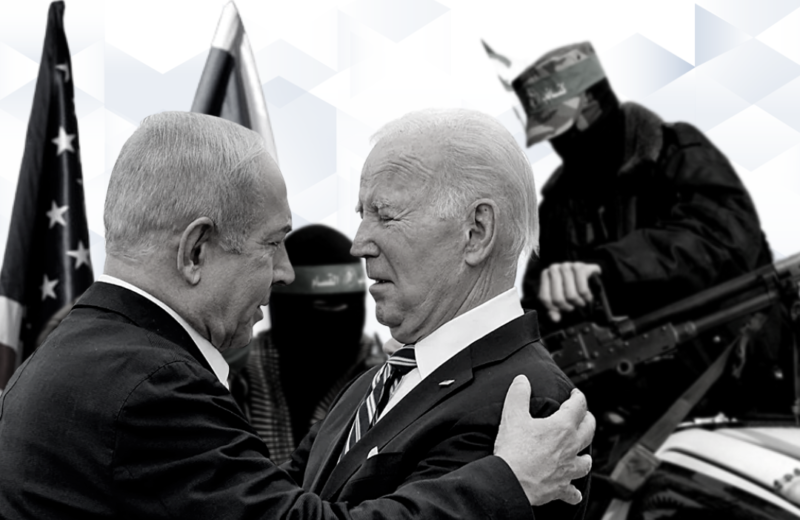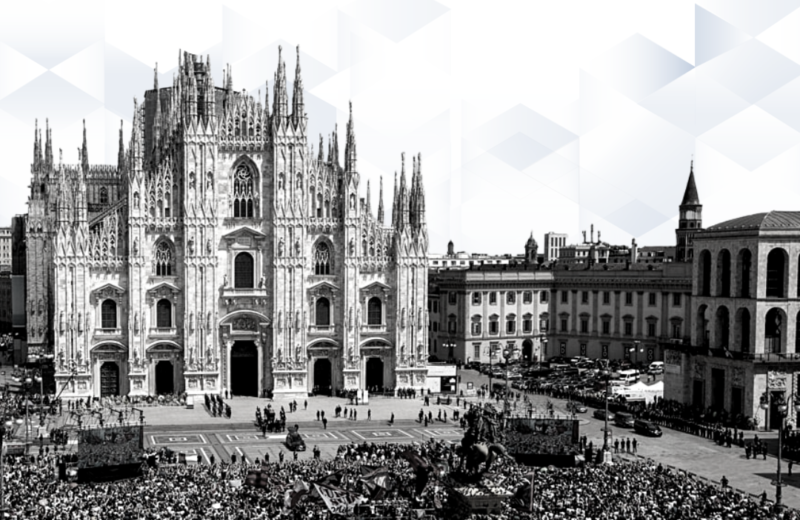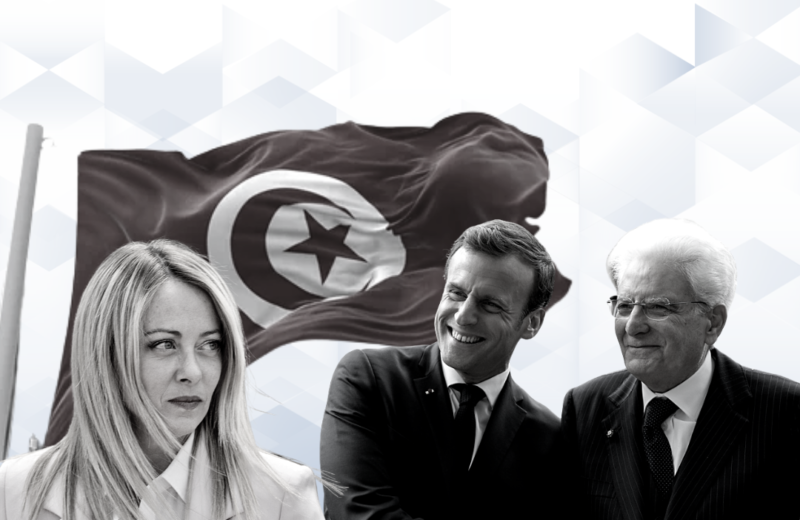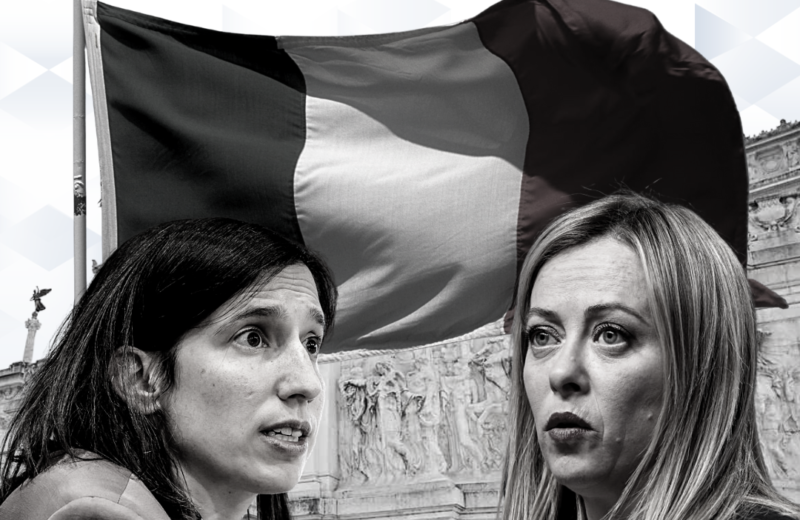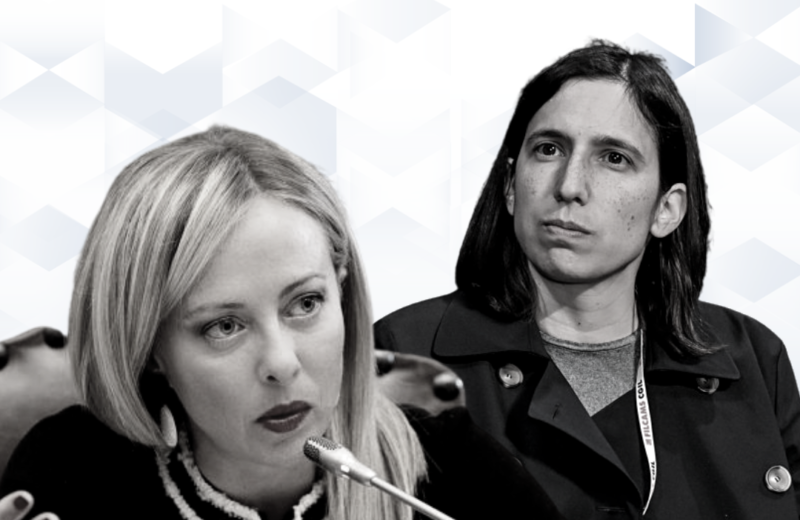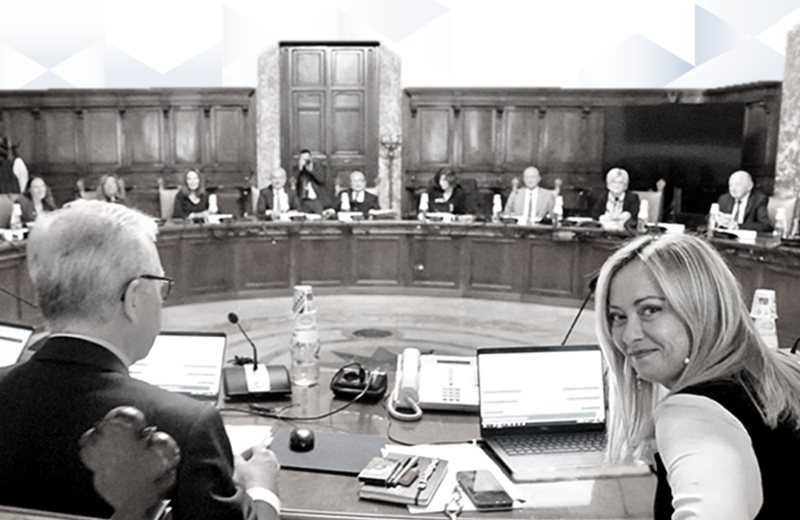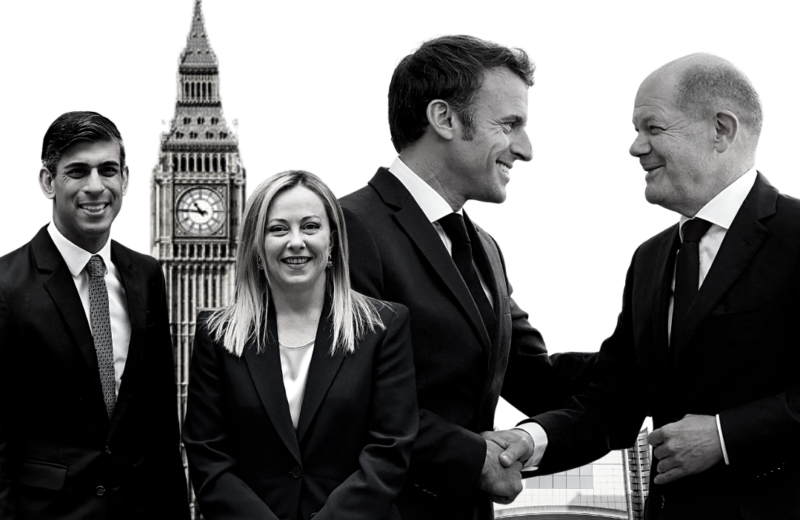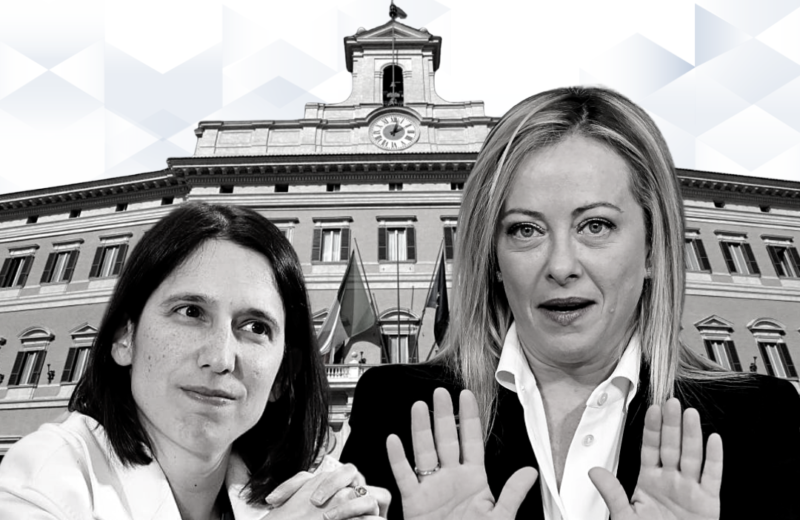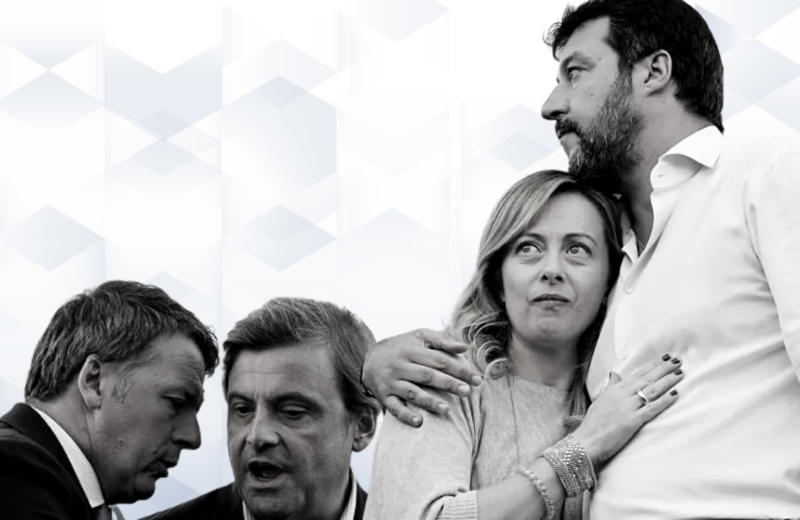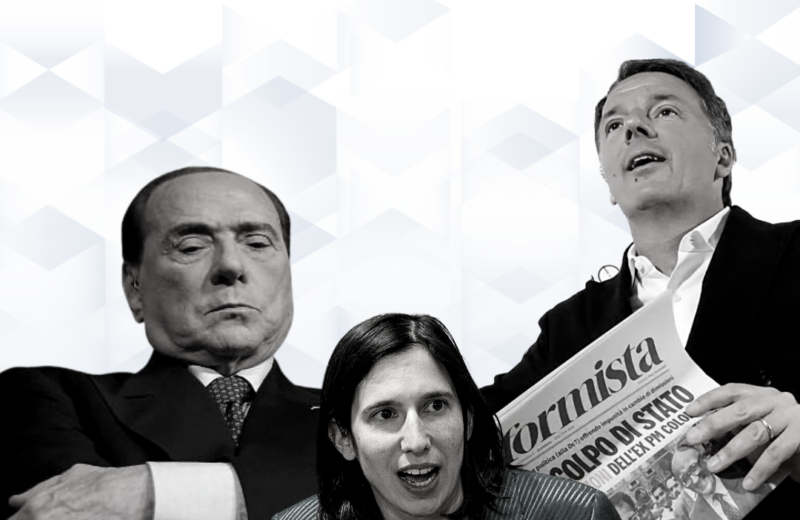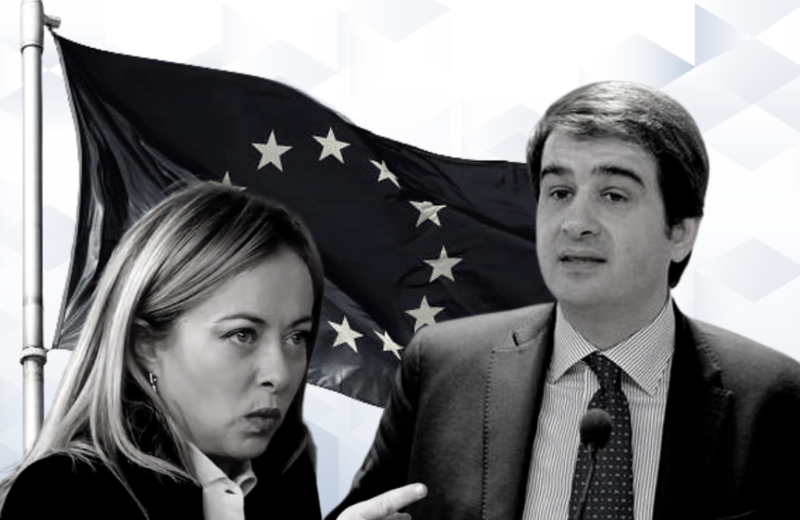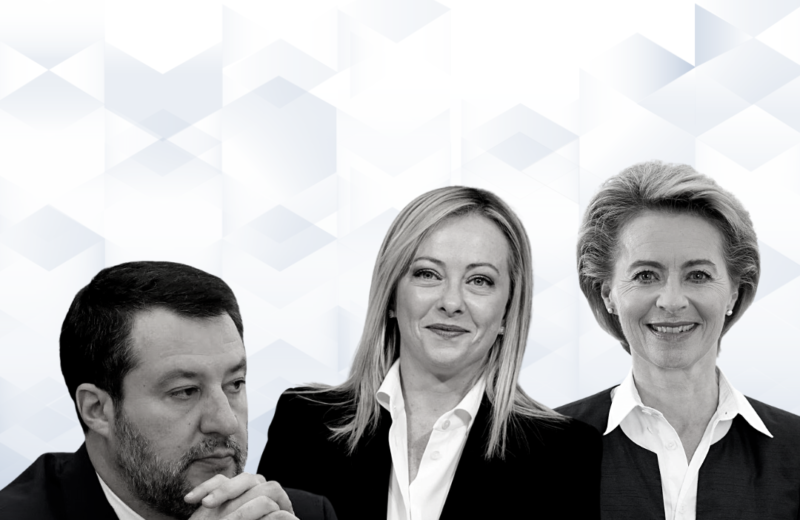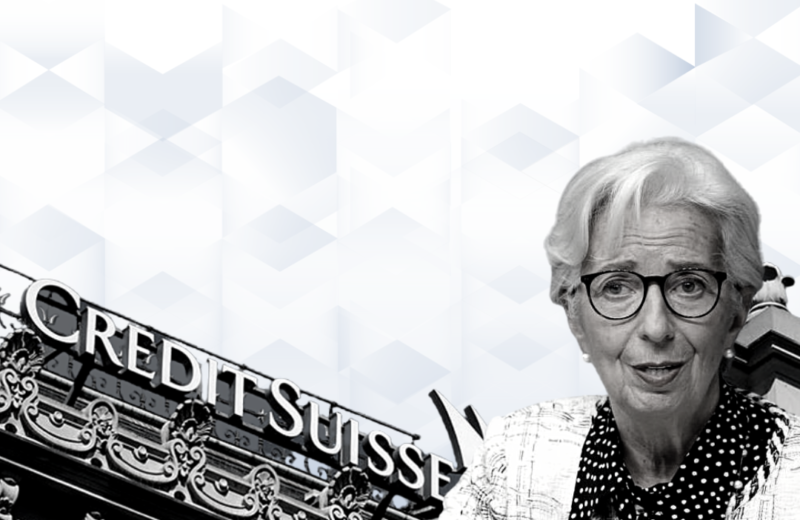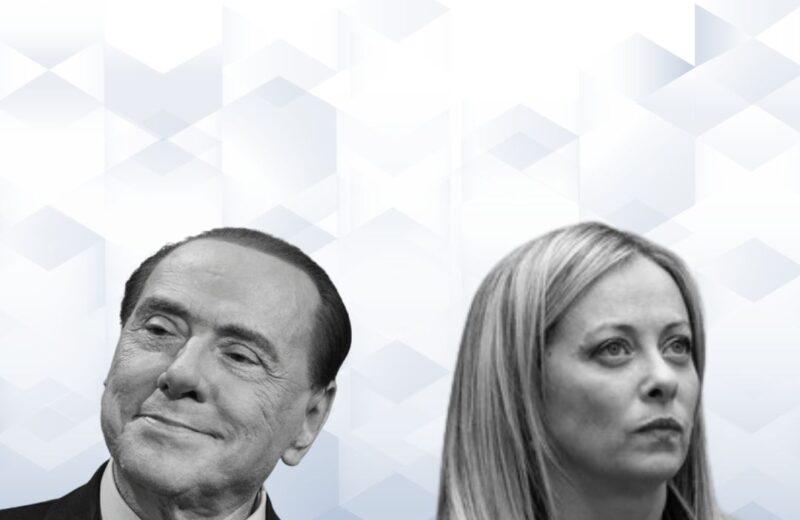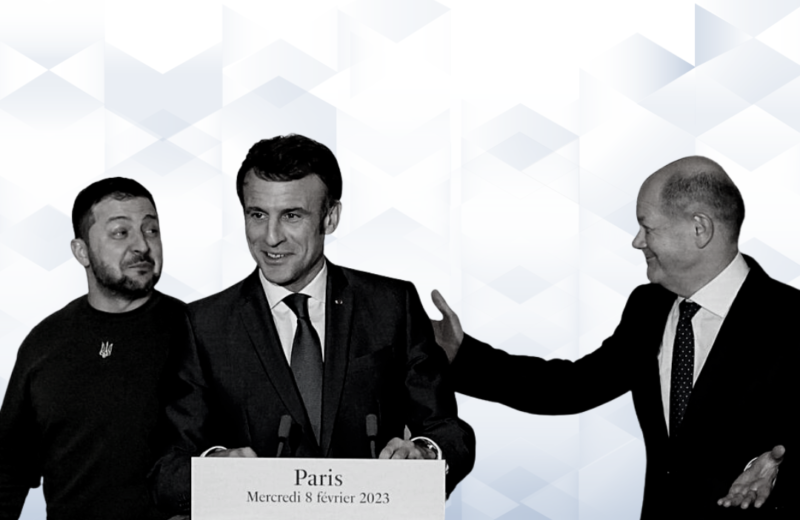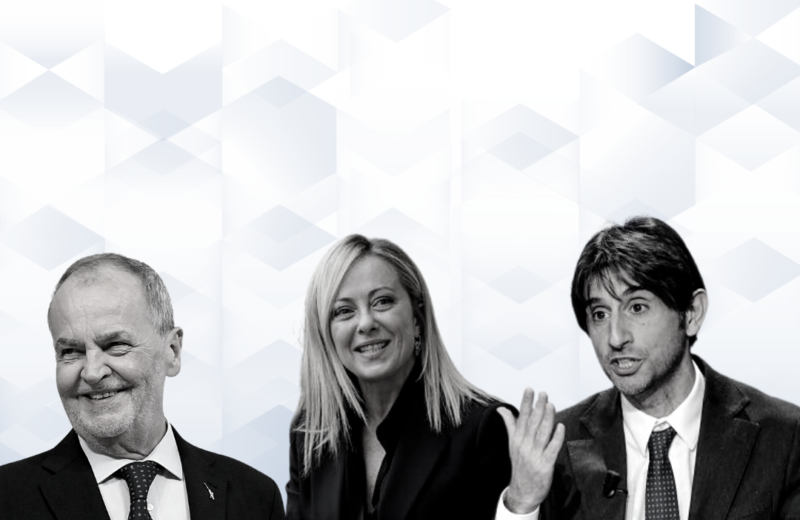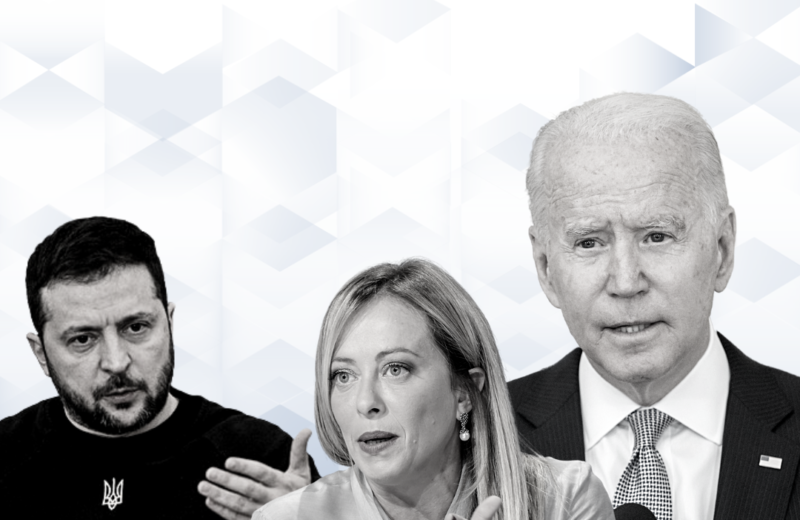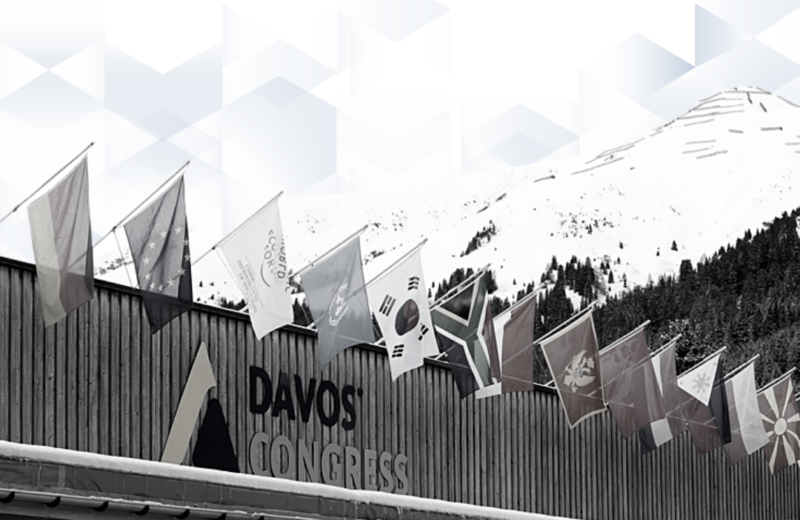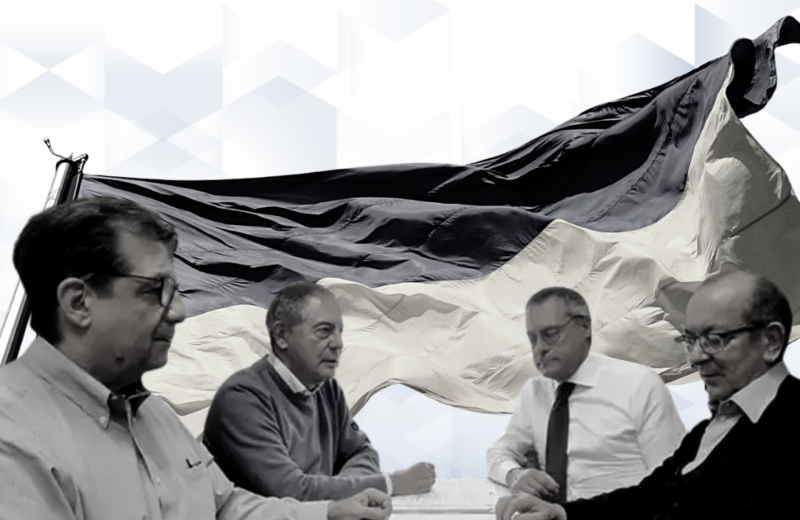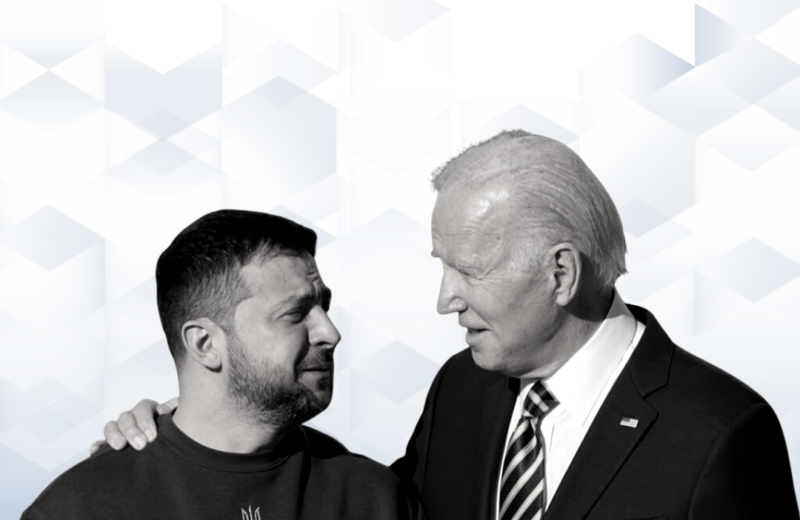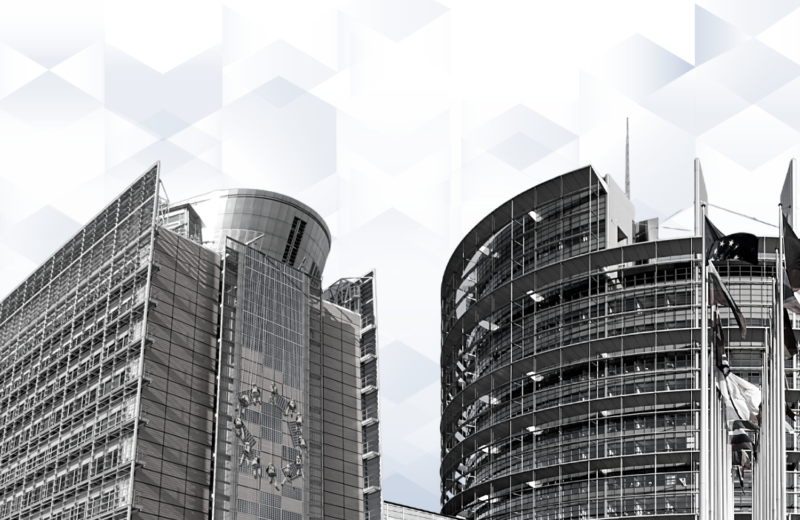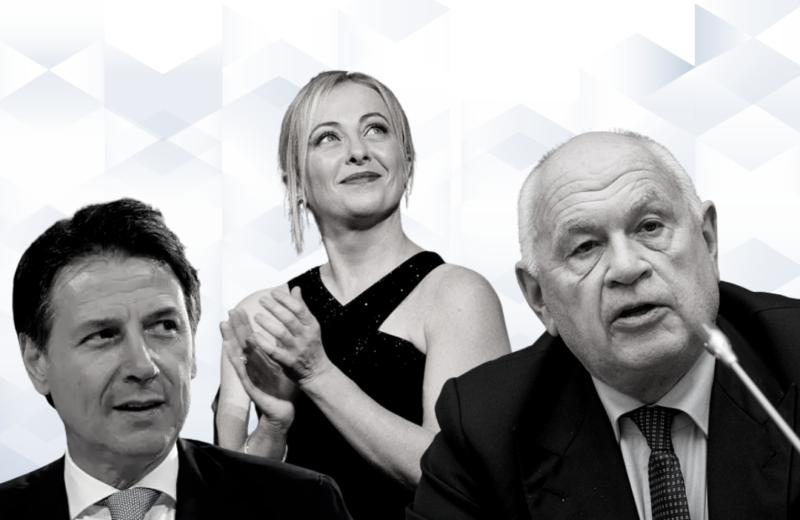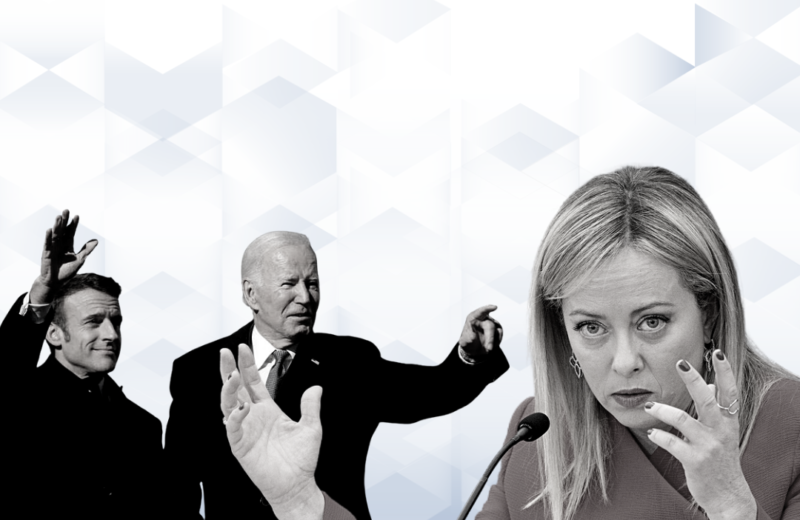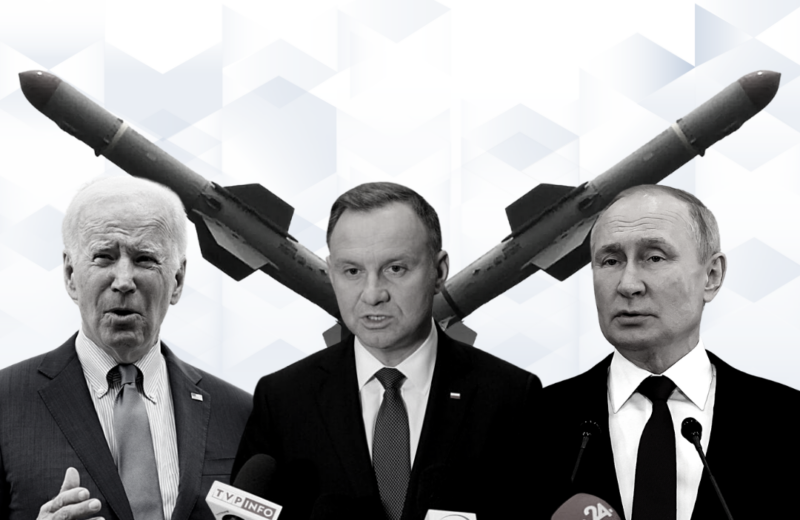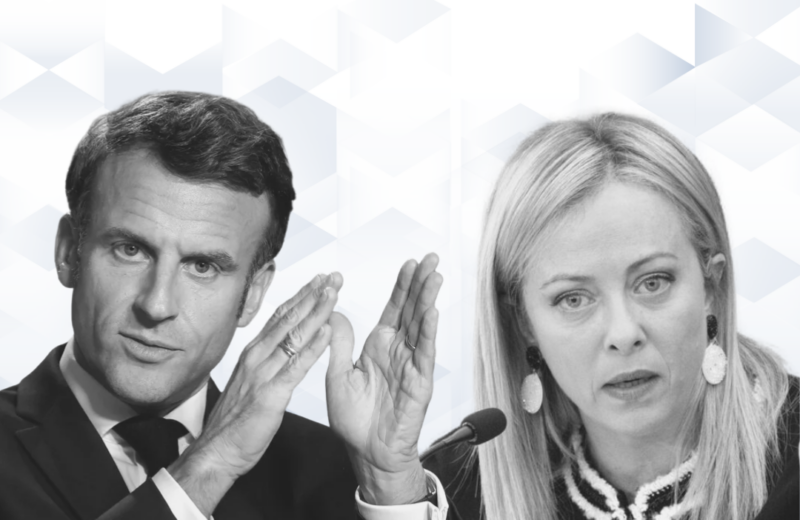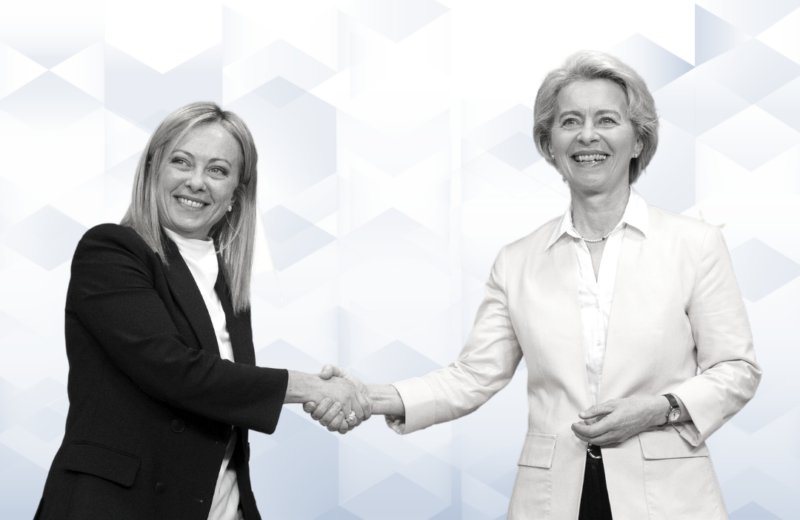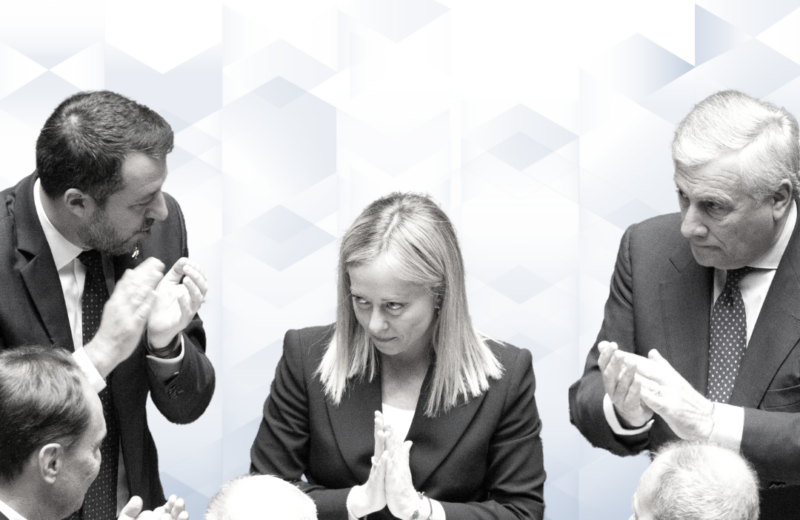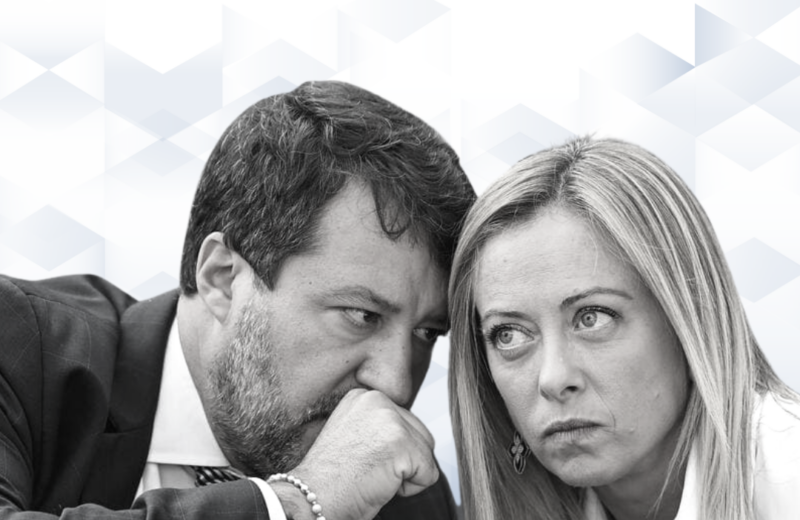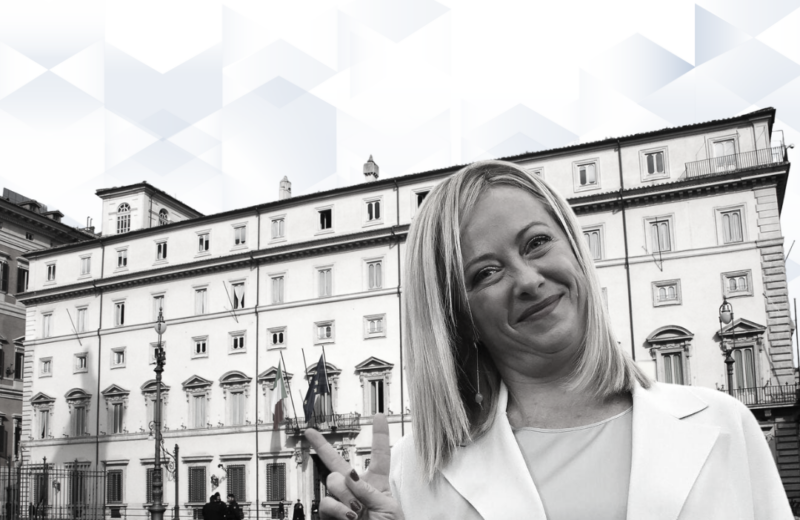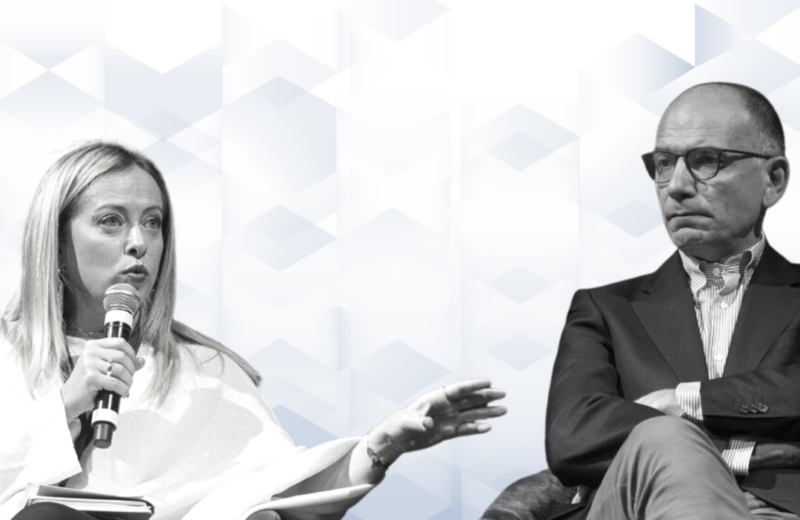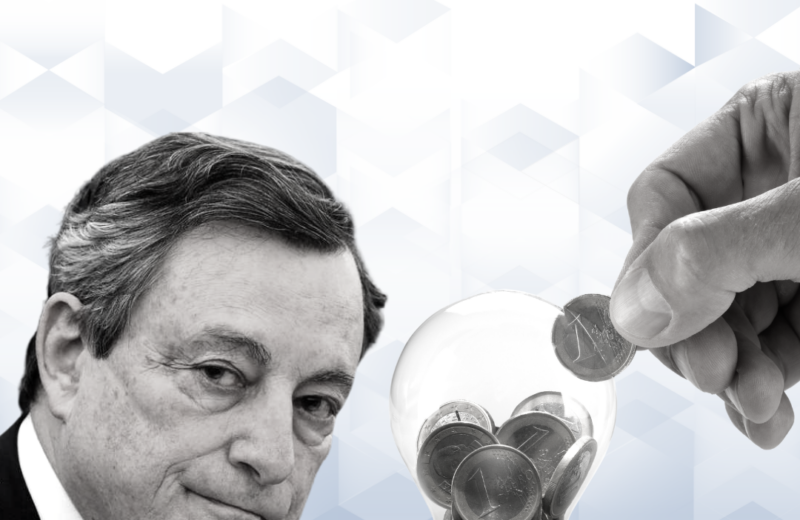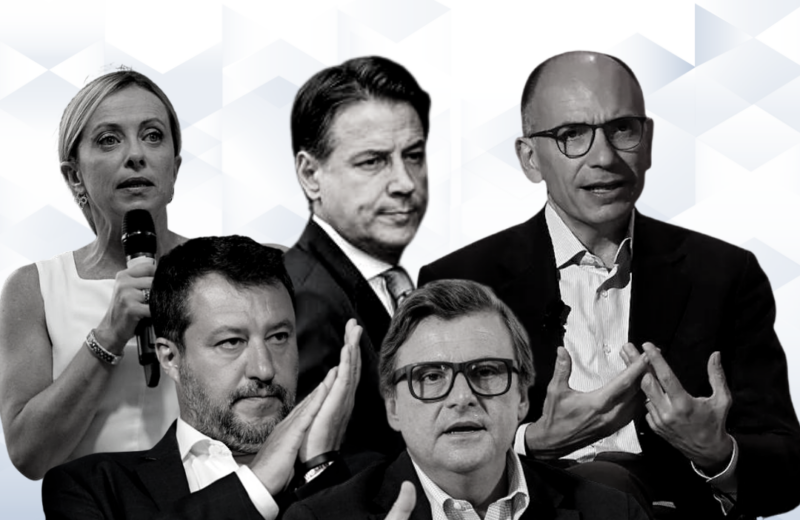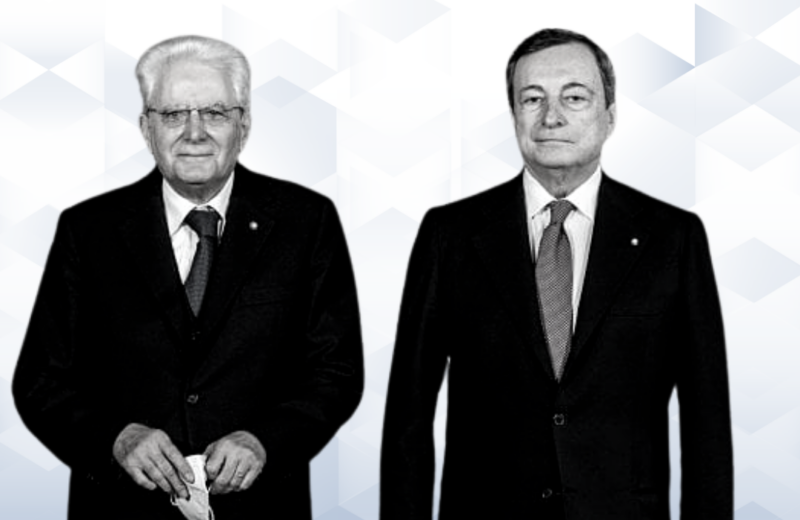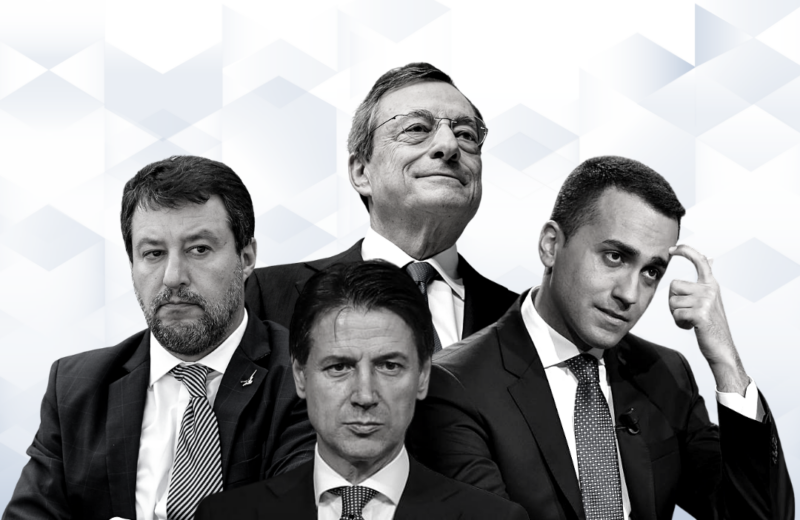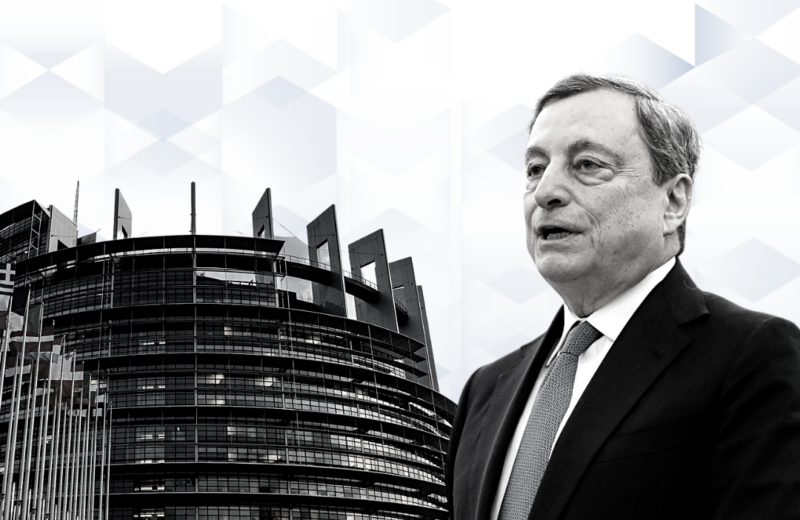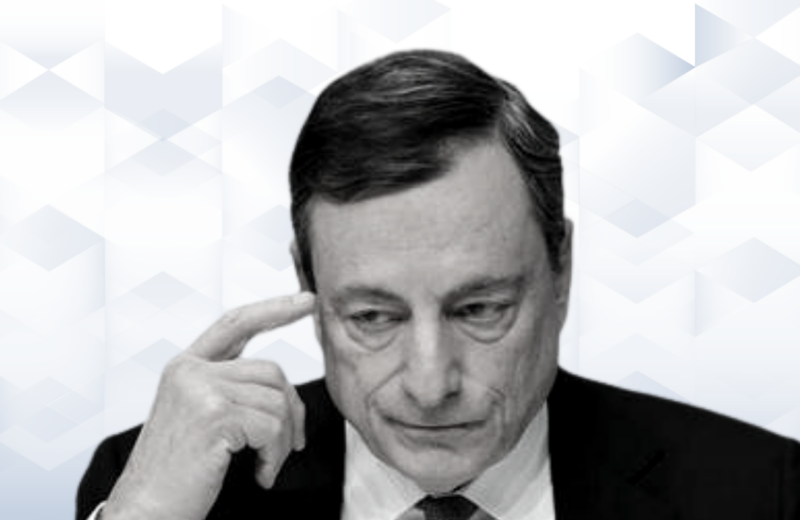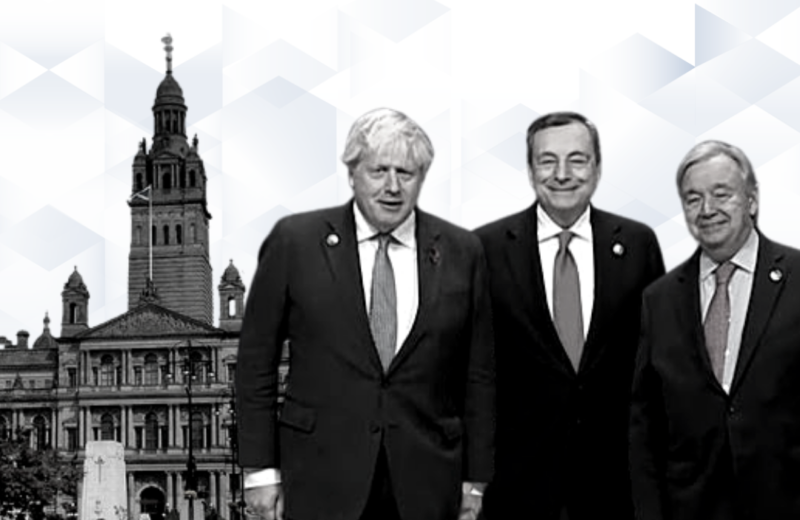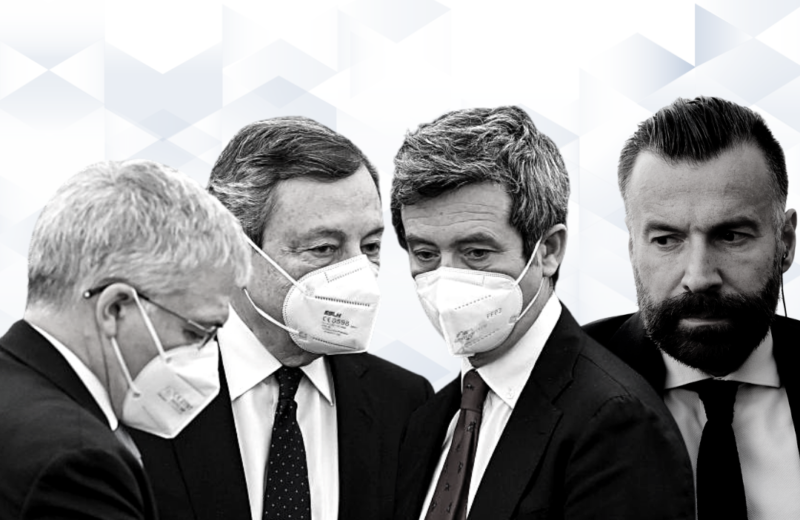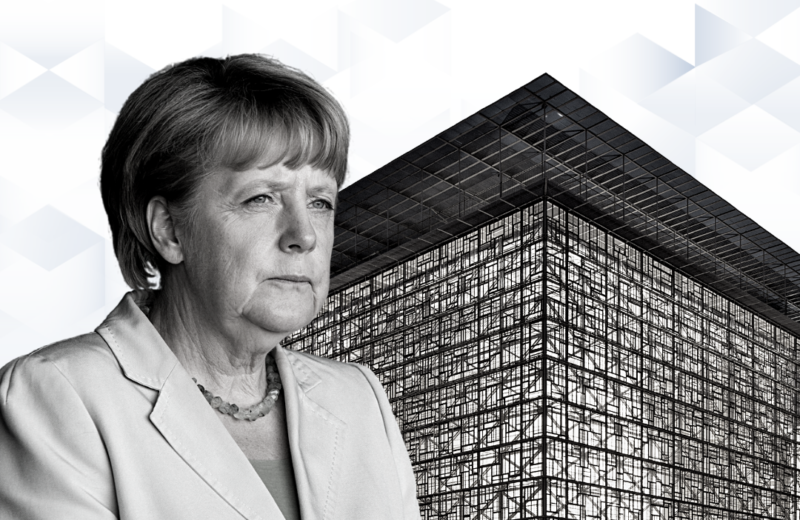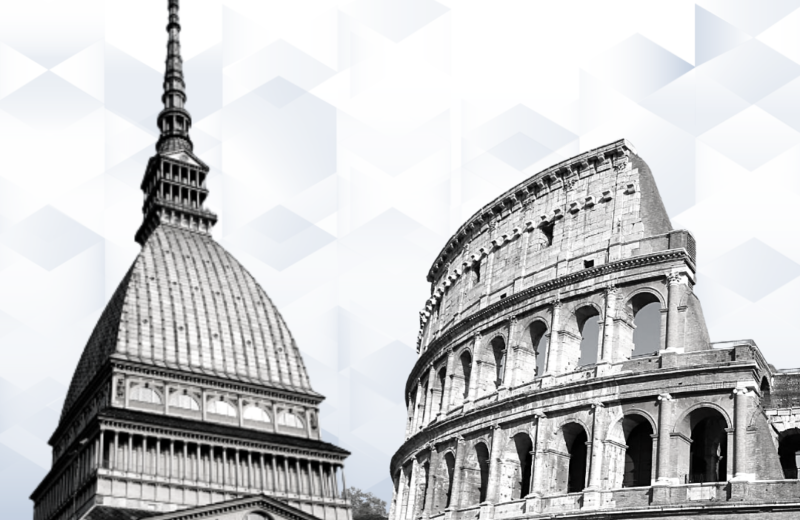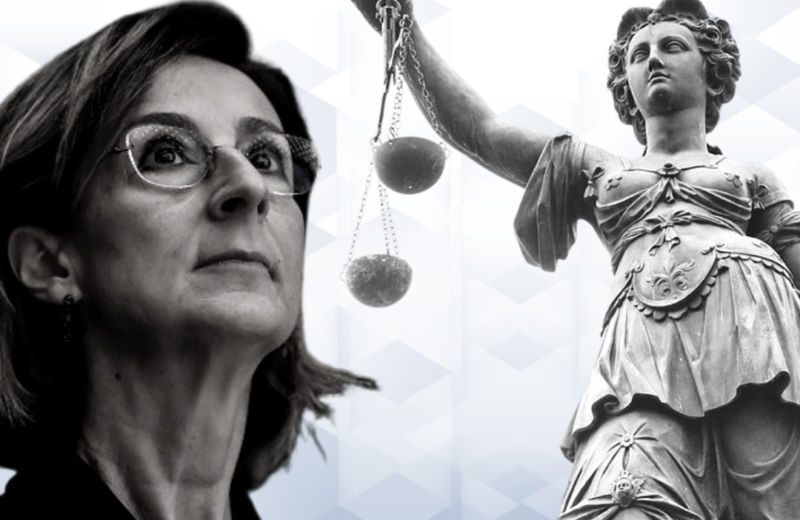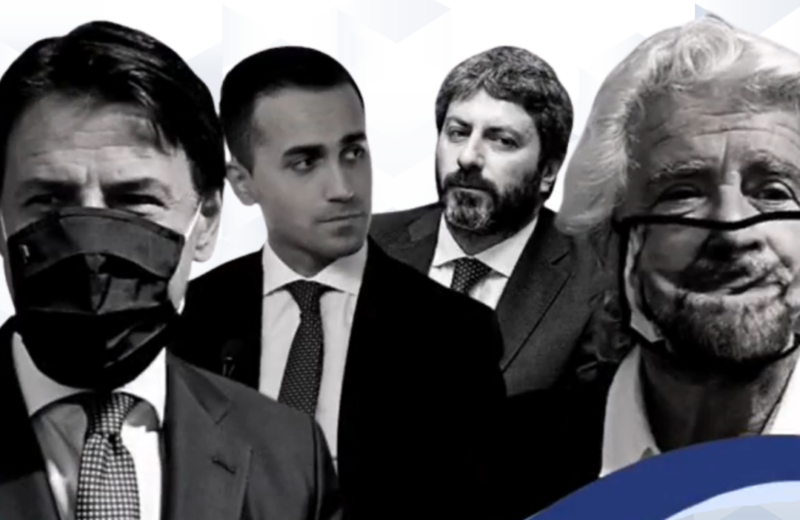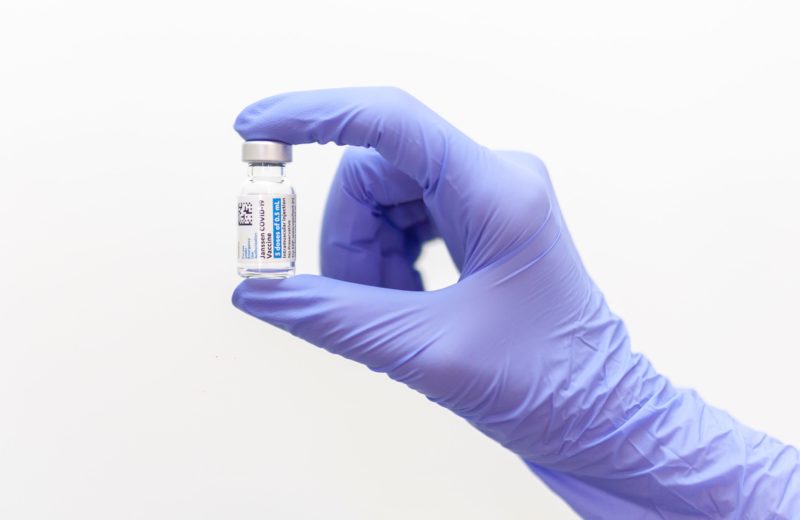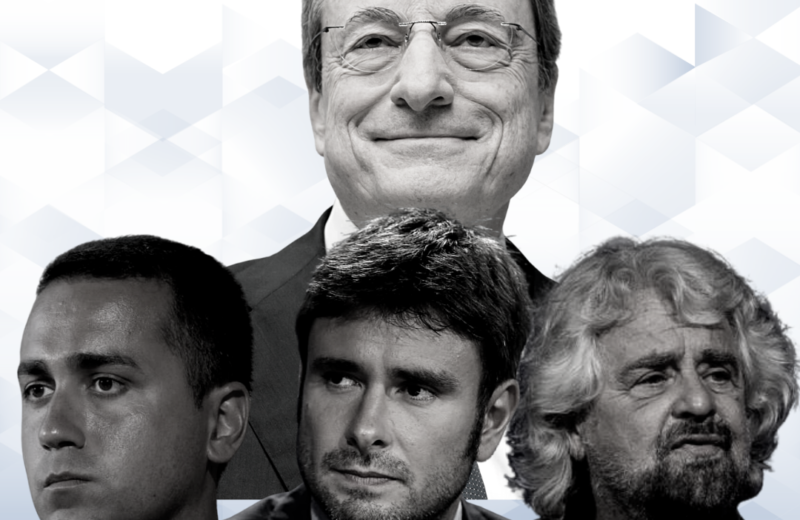Italy at the crossroads between Europe and the Middle East
The media attention of the week has revolved around a dramatic event. For the first time in its history, Iran has decided to directly attack Israel, striking within its borders. Late on Saturday night, Iran attacked the Jewish state with hundreds of drones and missiles, the vast majority of which were fortunately intercepted before reaching Israeli territory. The attack launched by Tehran, in retaliation for the April 1st attack on the Iranian embassy in Syria, was a spectacular yet calibrated action, announced well in advance: therefore, it was unlikely to have serious consequences for Tel Aviv. Nevertheless, the launched attack earned the support of major world leaders for the Israeli state, who, however, immediately urged Israel to show “restraint” and avoid further escalation of tensions in a region already severely affected by conflicts. The appeal came from both members of the Security Council and leaders of the G7, who met in an extraordinary format following the incident to condemn the Iranian attack but at the same time urge to avoid escalation. The backdrop remains the great international concern for a potential Israeli reaction that could have enormous and hardly predictable consequences. Meanwhile, Washington has pushed for adopting tougher sanctions against Iran and those involved in the manufacturing and sale of missiles and drones. On this, the EU and the G7 have sided with the United States, putting the issue of sanctions at the center of the conclusions of both the European Council meeting in Brussels and the meeting of the G7 Foreign Ministers, which gathered in Capri under the Italian presidency. The intention is clear: to send a signal of unity of the entire Western bloc under the watchword “de-escalation.”
Also at the center of the political week is the European Union, which looks to the future of its economic policies also thanks to the work of two former Italian Prime Ministers. First Enrico Letta, then Mario Draghi, have been entrusted with the elaboration of two reports on the single market and competitiveness for the 27 member countries. In summary, these are two packages of proposals that the former leader of the PD (Democratic Party) and the former ECB governor are drafting in close consultation with governments, businesses, experts, and political groups of the Union. On one hand, the rules governing internal competition within the bloc, which have been the cornerstone of the EU’s construction. On the other hand, the challenge of an industry that must deal with delays in strategic sectors compared to global competitors, especially China and the United States. These tasks were assigned to them by the President of the Council Charles Michel, who appointed Letta, and the President of the Commission Ursula von der Leyen, who instead chose Draghi, thereby enhancing Italy’s reputation abroad and, indirectly, the country’s centrality in the geopolitical chessboard.
As for domestic politics, all eyes are on the regional elections to be held on Sunday, April 21st, and Monday, April 22nd in the Basilicata Region to elect its new governor and renew the Regional Council. Competing in the elections are the outgoing president Vito Bardi, candidate of the center-right coalition alongside Azione and Italia Viva, the President of the Province of Matera Piero Marrese (Center-left M5S), and the journalist Eustachio Follia (Volt). Following the elections in Sardinia and Abruzzo, respectively won by the center-left and center-right, and with the looming challenge of the European elections in June, the endurance of the majority and the potential advance of the opposition on the territory are tested once again.
